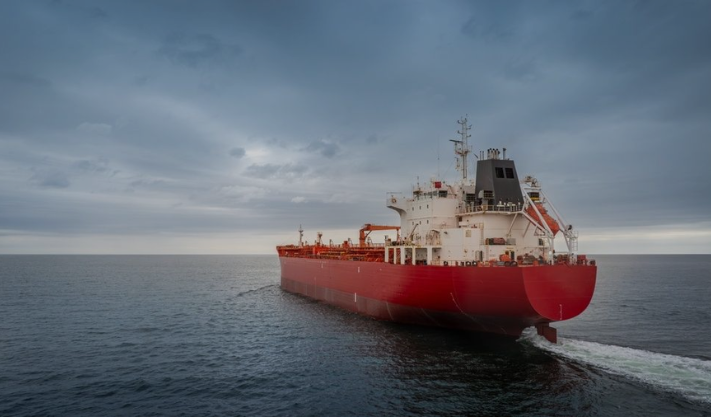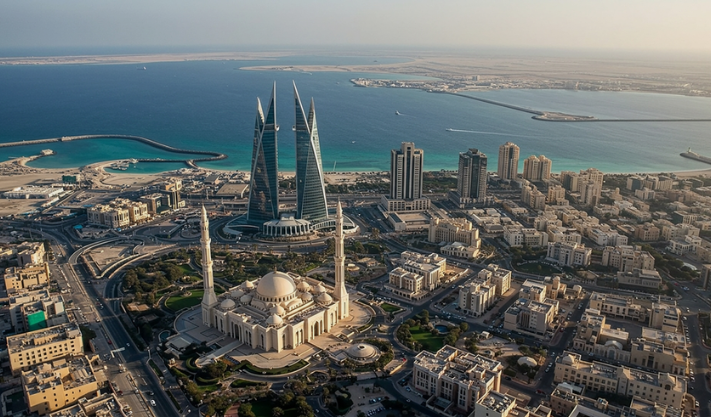Iran-Israel Conflict Grows, Risking Middle East Oil and Gas Supplies and Affecting Global Markets
The growing conflict between Israel and Iran is creating problems for the Middle East’s energy industry. People are worried that oil and gas supplies could be interrupted. As both countries attack each other’s important infrastructure with missiles, there’s a higher risk that oil production, exports, and key shipping routes could be affected. This might lead to higher energy prices around the world and more uncertainty.
Iran is the third-largest oil producer in OPEC and produces about 3.3 million barrels of oil each day. It exports more than 2 million barrels daily, mainly to China. Over the weekend, Israeli airstrikes hit a major oil storage site near Tehran and two natural gas facilities in the South Pars field, which is one of the world’s biggest gas reserves, according to Iranian news reports. The full damage isn’t known yet, but the attacks show that Israel is ready to hit Iran’s key economic sites. Now, places like Kharg Island (which handles 90% of Iran’s oil exports), the Abadan refinery (which makes 25% of Iran’s gasoline), and the Bandar Abbas terminal (near the important Strait of Hormuz) are being closely watched as possible future targets.
Hormuz in the Spotlight
The Strait of Hormuz is a very important route for the world’s oil—about 20 million barrels pass through it each day. On Saturday, a top Iranian military leader suggested that Iran might block the Strait. If that happens, oil prices could rise above $100 per barrel, according to Goldman Sachs.
Johannes Benigni, an energy expert in Vienna, said, “If Iran is cornered, it might block the Strait. Even just the threat of closing it can push prices up, possibly above $150, because there’s no easy replacement for that much oil.”
However, Iran relies on the Strait to export its own oil, and the U.S. Navy has a strong presence nearby, so a full closure is unlikely. Still, smaller disruptions—like attacks on oil tankers—could affect oil supplies, especially for countries like China, India, and Japan.
Oil Market Reaction
Oil prices have already jumped. On Friday, they went up 7% and reached their highest point since January. On Monday, prices dropped a bit—Brent fell 1.7% to $69, and WTI fell 2.4% to $71.2. This happened because oil production sites are still working, but things remain uncertain.
“As long as the conflict continues, oil prices will stay high,” Benigni said. If war damages oil and gas sites, prices could rise even more.
There’s extra oil supply available from countries like the U.S., Brazil, and Canada, and OPEC+ (mainly Saudi Arabia and the UAE) has over 5 million barrels per day of spare capacity. So unless major facilities are hit, prices may stay between $70–$80. In the worst case—if the Strait is fully blocked—prices could reach $200, though that’s not very likely.
OPEC+ could increase production if needed. Saudi Arabia and the UAE can make up for Iran’s 1.5 million barrels per day if it stops exporting. But OPEC+ may act cautiously to keep oil prices above $70.
If the Strait is closed, it becomes harder for OPEC+ to help, since 95% of its extra capacity is in the Persian Gulf and may not be accessible. Then, countries like the U.S. would take weeks to increase their production, possibly causing more price swings.
Natural Gas Concerns
Tensions are also affecting natural gas. Israel provides gas to Egypt and Jordan from fields like Leviathan, Tamar, and Karish. These fields stopped work on Friday after Israeli strikes on Iran increased threats of retaliation.
Iran’s military warned of attacks on Israel’s gas platforms, especially the Karish field. Egypt depends heavily on Israeli gas for power and has started emergency steps to avoid blackouts.
Egypt’s Prime Minister said they are focusing gas use on power plants, cutting supply to industries, and using more diesel instead. Egypt is also increasing LNG (liquefied natural gas) imports and planning to buy 1 million tons of fuel oil to help meet summer energy needs.
This situation affects Europe too, since it gets 26% of its LNG from the Middle East. If Israel’s gas exports stop for long, Egypt may need to buy more LNG, pushing prices up in Europe. If the Strait of Hormuz is blocked, it could cut off 20% of global LNG flows, including from Qatar, a major supplier, and put Europe’s energy at risk. Egypt’s energy costs, which doubled to $11.3 billion in 2024, could rise to $3 billion per month.
Global Response
World leaders are trying to calm the situation. U.S. President Donald Trump said he hopes for a ceasefire but confirmed U.S. support for Israel. German Chancellor Friedrich Merz, speaking at a G7 meeting, also called for peace.
Iran, however, told Qatar and Oman that it won’t talk about a ceasefire while it’s under attack.
The International Energy Agency (IEA) has 1.2 billion barrels of emergency oil reserves. It could ask countries to release oil if supplies are disrupted. Benigni said the IEA has done this before to help control prices.
Published: 17th June 2025
For more article like this please follow our social media Facebook, Linkedin & Instagram
Also Read:
UAE’s 2024 Economy Grows 4%, Driven by Non-Oil Sector
Iran: No Attack on Isfahan Refinery, Operations Normal
Saudi Arabia’s Inflation at 2.2% in May on Housing, Jewelry Costs





